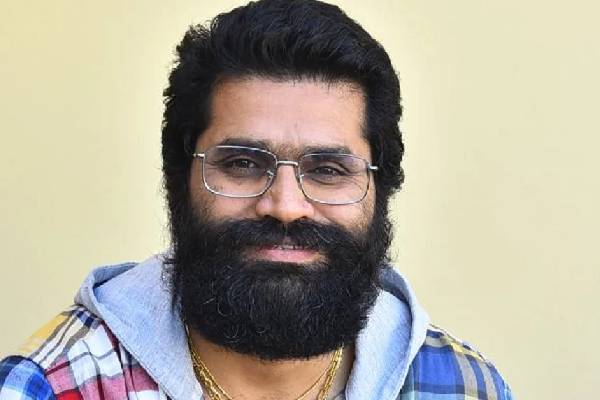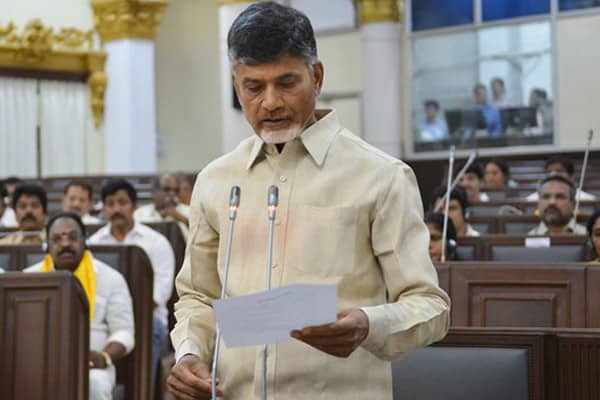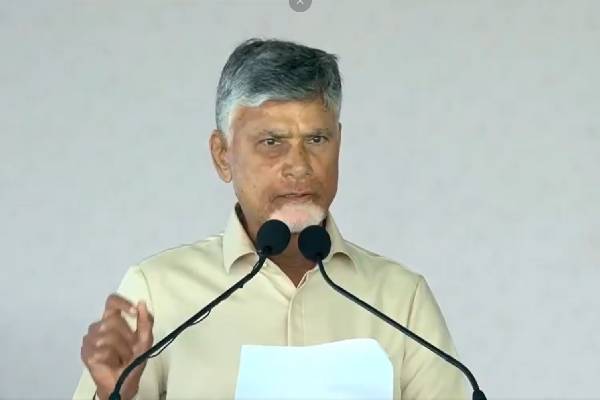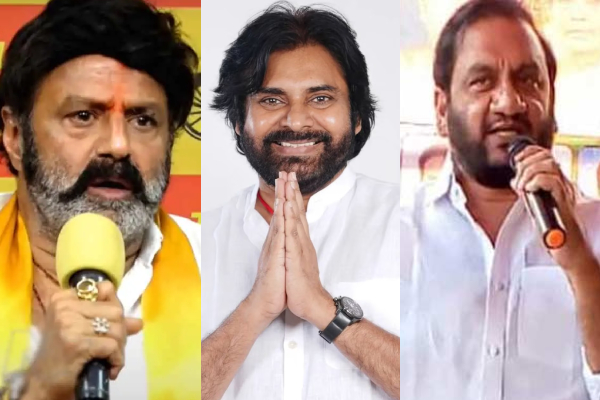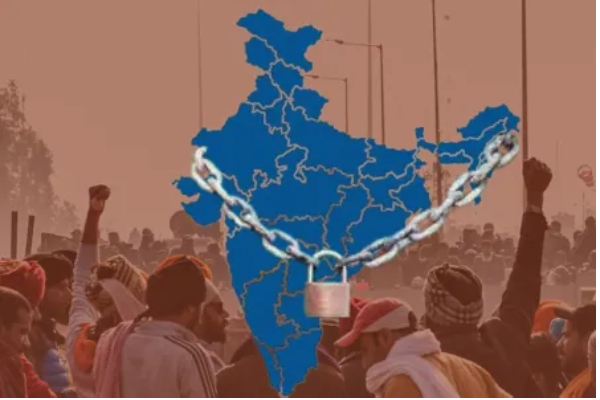Kapu reservations
The Andhra Pradesh Cabinet has decided to give 5% percent reservations to Kapu’s. The cabinet took the decision based on Manjunath Commission report . AP decided to give reservations to Kapu, Telaga, Balija and Ontari communities under the new category BC-F category. By doing so, Chandra Babu Naidu kept the promise he made before 2014 polls. A Legislative bill will be introduced in Assembly and after passing there, it will be sent to the Centre. So far so good? But definitely this is not the end of the story and there is more than that meets the eye.
Constitutional consequences: Out of 100%, BCs currently have 25% , SCs 15%, ST 7.5%, making it to a total of 47.5% and some other miscellaneous quotas for another 2 % – which makes a total of 49.5%. There was a Supreme Court verdict (1992 Indra Sawhney Case ) in which it gave a directive that the reservation can’t be beyond 50% because we have to save the soul of our constitution that “Right of Equality” as per Article 15 and 16 in constitution. But there are states like Tamil Nadu (69%) , Jharkhand ( 60%) , and Maharastra ( 52 % ) that have covered reservations to more than 50% population. How could these states do that?? There is (f)law in the constitution that says, if something is mentioned in the 9th Schedule of the constitution, it is immune from judicial Review and any other court battle. 9th Schedule was first introduced to implement land reforms without any hassles. So these states could implement more than 50% reservations by including them in 9th schedule. So, Kapu reservations also should go through same route. But to add something in 9th schedule of constitution needs constitutional amendment as per article 268 and the bill has to be passed in Lok Sabha and Rajya Sabha with 2/3 majority in (not simple majority of 50%) each house, which is herculean task and unless all major national parties support it, the bill cant be passed. Also, if such amendment is initiated, all other reservation demands in other states also will surface bringing more headache to ruling parties of those states and NDA.
Political Consequences: Being a shrewd politician, CBN definitely knows how to play the cards in right time. With just one and half a year left before elections, CBN’s cabinet gave nod for this Kapu reservations. Now the government will take some time to pass the bill in Assembly sessions. Now the first jolt is to Mudragada who is planning to revive the Kapu reservation demand through another stir. As Mudraga is supporting Jagan backdoor, Naidu doesn’t want him to become another mass leader. Now Mudragada HAS to support what CBN has done. Second jolt is to state and center BJP leadership who has plans to strengthen in AP. Now CBN has thrown ball into BJP’s court and they have to take decision on this and that is not an easy task for them as they have some constitutional consequences. Third jolt is to Jagan, who has been praising Modi government of late. Now, if BJP wants to break alliance with TDP and ally with YSRCP, this bill will come as big hindrance as YSRCP will have to share the wrath that is directed at BJP. So, with one step, CBN has put check 3 opponents.
Social consequences: There is a strange situation in Telugu states. Ironically, it is BCs and BC leaders opposing the Kapu reservation. Out of 100% jobs, BCs already have their share of 25%. Without disturbing that, if Kapu reservation is given a separate category, why should they agitate? In fact, it is OCs that should have agitated. Because, if more than 50% is taken, the “generally available” seats will be decreased. But ironically, BCs are agitating against Kapu reservations. Classic example of doing another kind of “mutually exclusive” politics.
The issue is beyond Kapus: There have been more and more demands from dominant castes across the country. Interestingly all these castes are agricultural castes. Be it Jats in Haryana, Patidars (Patel reservation) in Gujarath, Gujjars in Rajasthan or Kapus in AP. And the reason attributed to this is the sharp decline in the agricultural productivity across the country in recent decades. Another reason is increased consciousness of caste vote bank politics and the awareness of the dominance of their caste in demographic statics. Moreover, all these castes demanding reservation have been politically dominated by other castes in those respective states. Another similar pattern observed with all these castes is – all these agitations brought social tensions with other castes and thereby changing entire political equations in those states.
Way forward: While caste-less society and classless society still distant Utopian dreams in Indian political scenario, at least achieving social justice to all the sections through various means should be generally accepted. But while achieving that, utmost care should be taken to avoid fragmentation of the society.





















